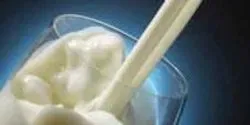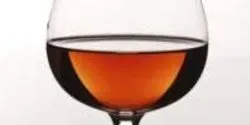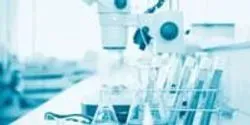Food and Beverage

The U.S. Food and Drug Administration finalized two rules on Nov. 25 requiring that calorie information be listed on menus and menu boards in chain restaurants, similar retail food establishments and vending machines with 20 or more locations to provide consumers with more nutritional information about the foods they eat outside of the home. The rules are required by the 2010 Patient Protection and Affordable Care Act.

After spending more than a decade decoding breast milk’s important health-promoting constituents, a team of researchers in the Foods for Health Institute at the University of California, Davis, is now doing the same for cow’s milk, with potential benefits both for human health and the U.S. dairy industry.

Freeman Technology has published a new white paper that describes extensive experimental studies examining the multiple mechanisms that lead to powder caking. Caking is a routinely encountered problem within powder handling applications which compromises productivity and increases waste.

Does tryptophan in turkey make us drowsy? This ACS video explains the chemistry of the Thanksgiving meal

If it were the end of the world as we know it, we’d be fine, according to Michigan Technological University professor Joshua Pearce.

An electronic “tongue” could one day sample food and drinks as a quality check before they hit store shelves. Or it could someday monitor water for pollutants or test blood for signs of disease. With an eye toward these applications, scientists are reporting the development of a new, inexpensive and highly sensitive version of such a device in the American Chemical Society journal ACS Applied Materials & Interfaces.

A new study by a Florida State University researcher reveals that a new dietary supplement is superior to calcium and vitamin D when it comes to bone health.

Laboratory contaminants likely explain the results of a recent study claiming that complete genes can pass from foods we eat into our blood, according to a University of Michigan molecular biologist who re-examined data from the controversial research paper.










